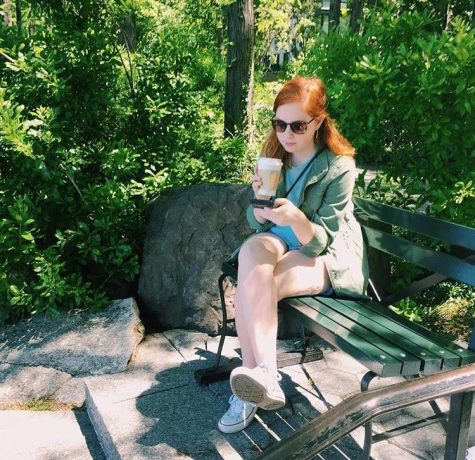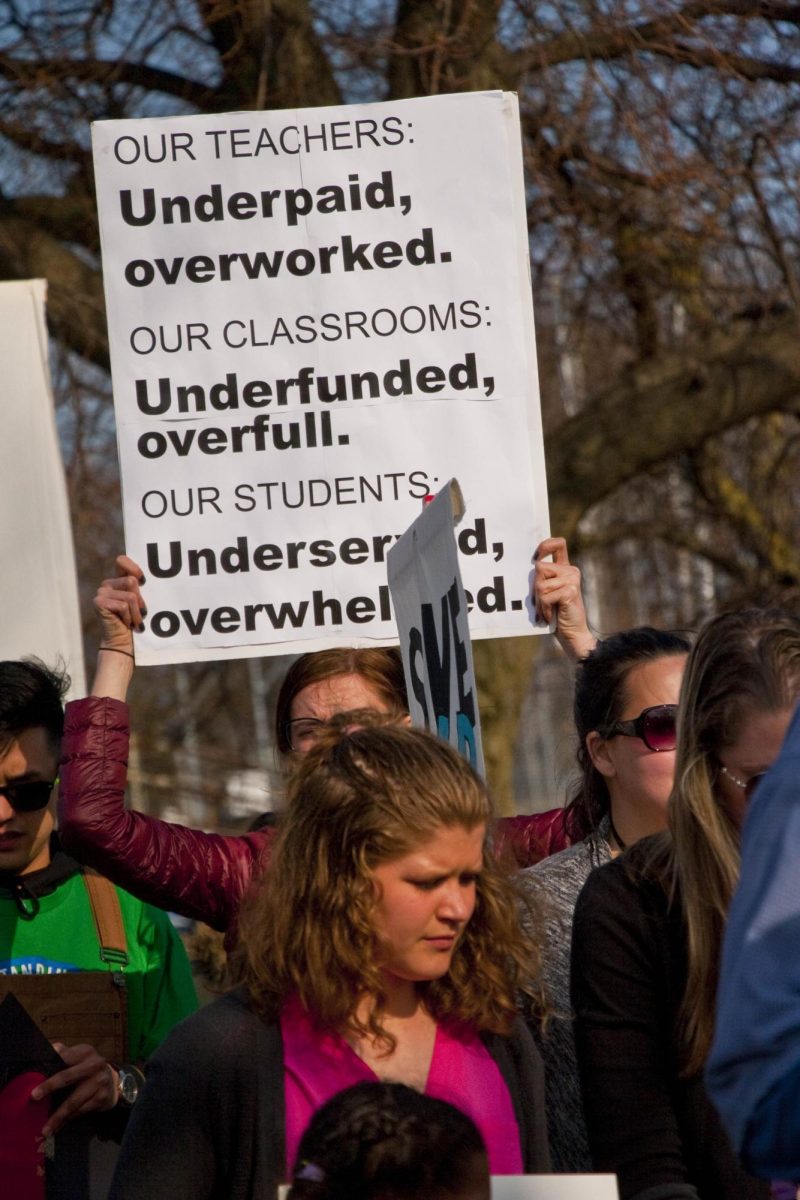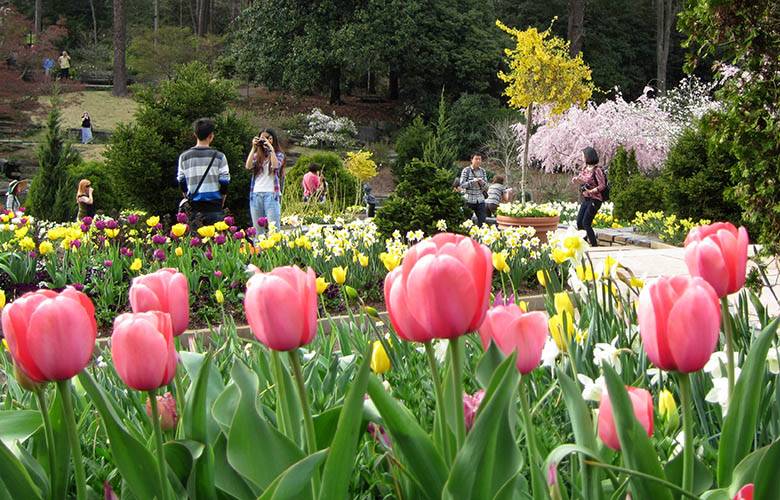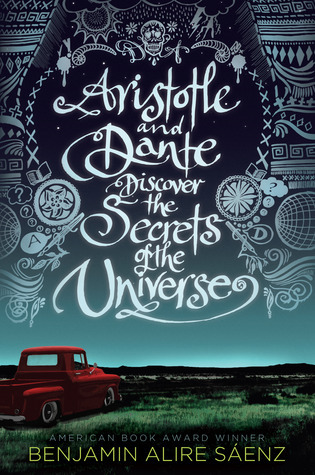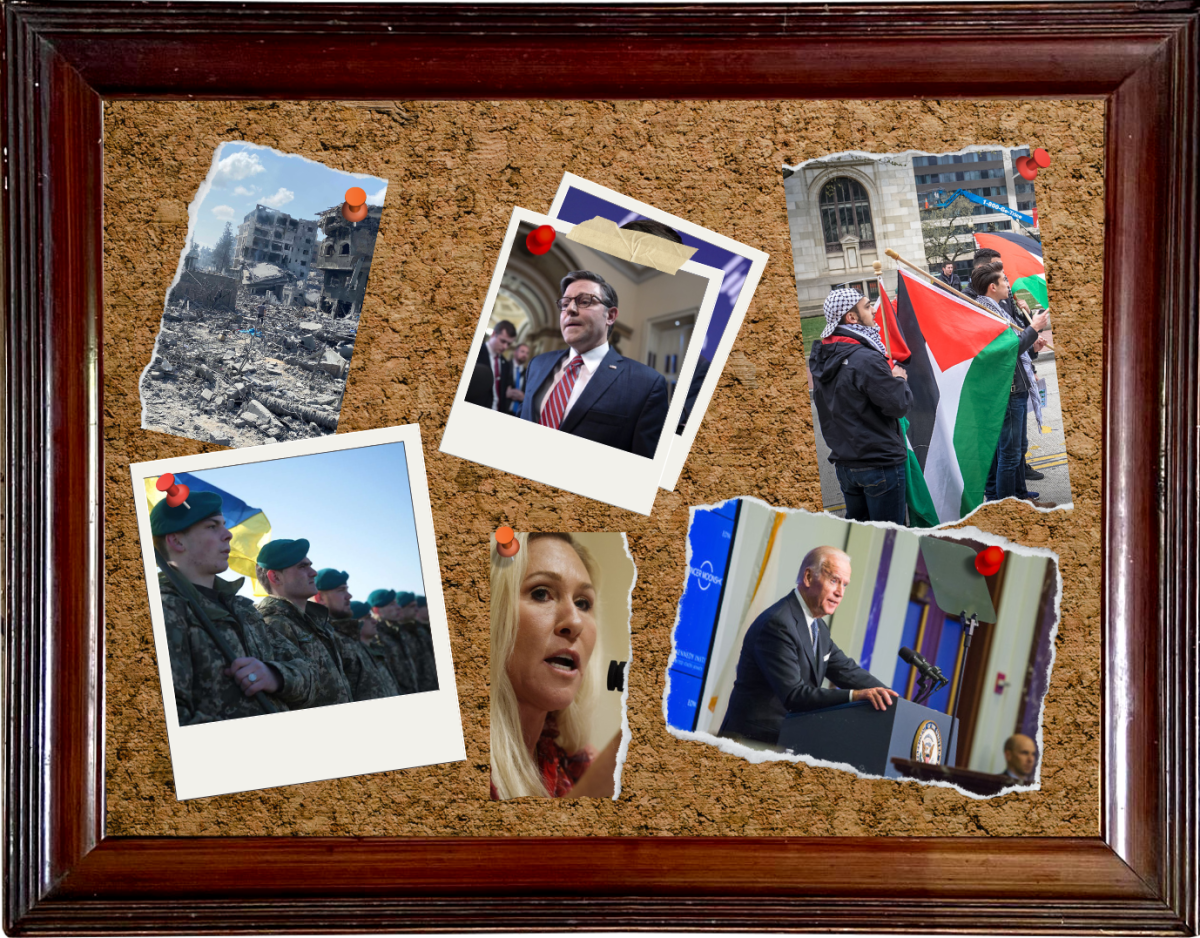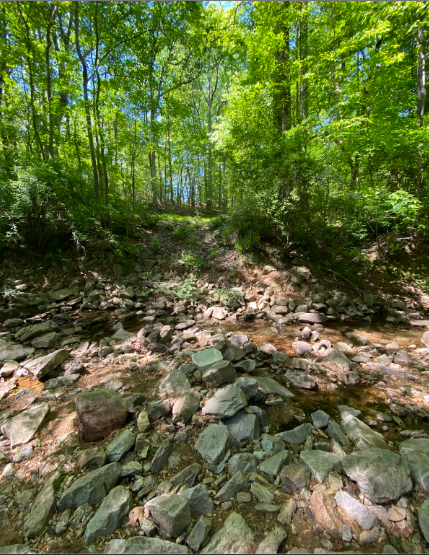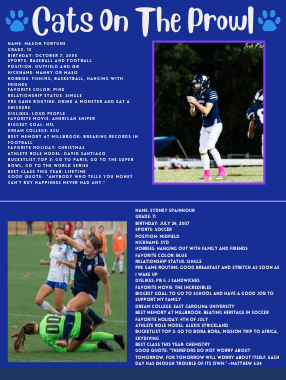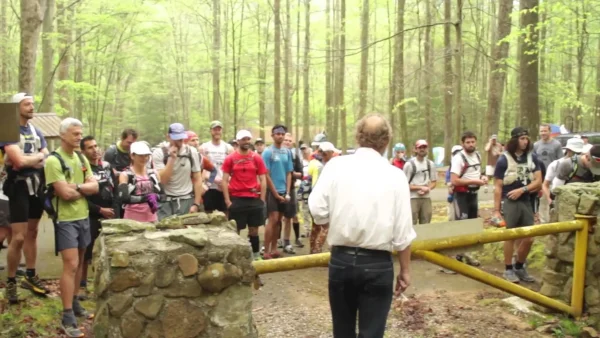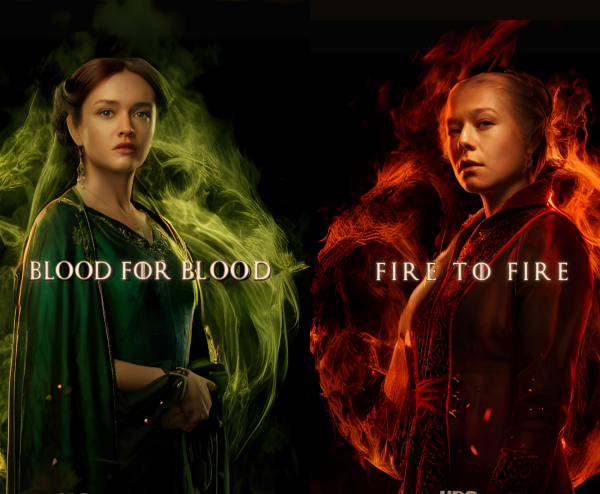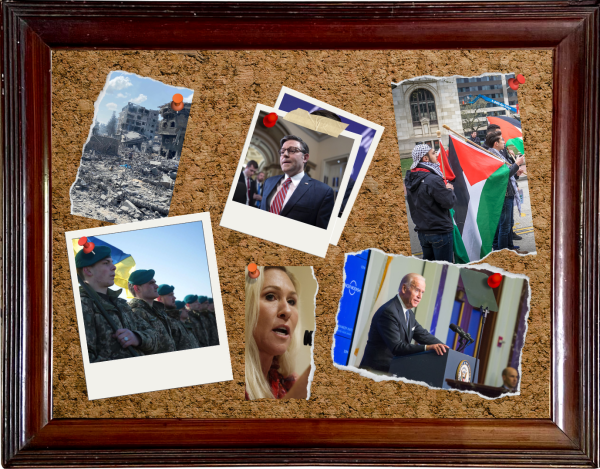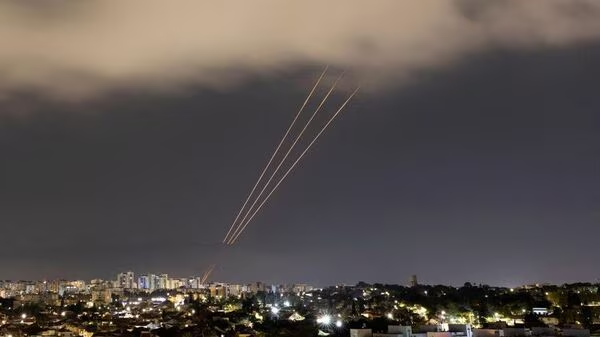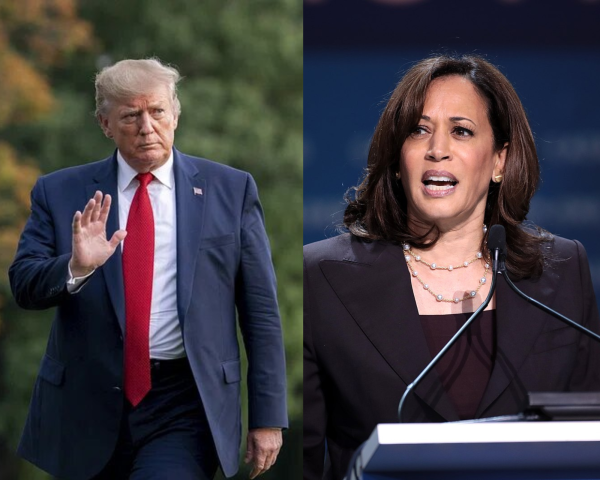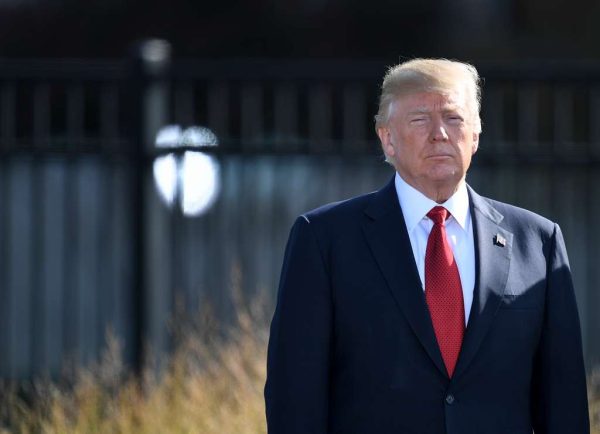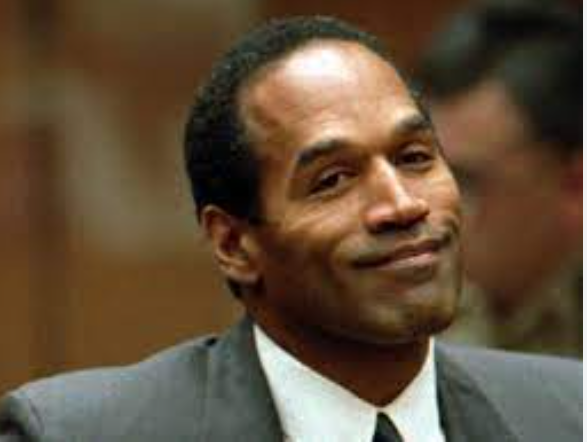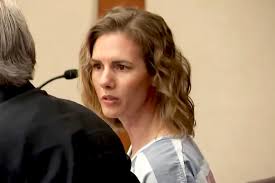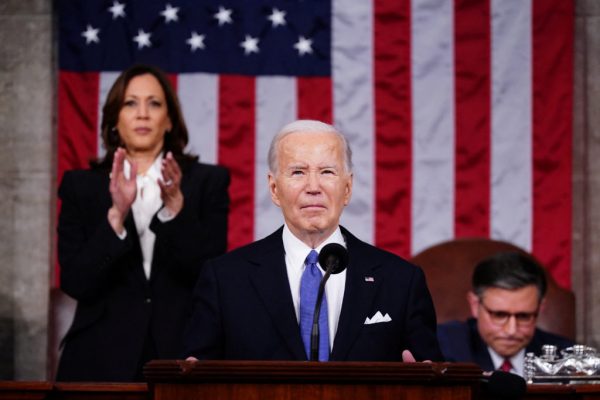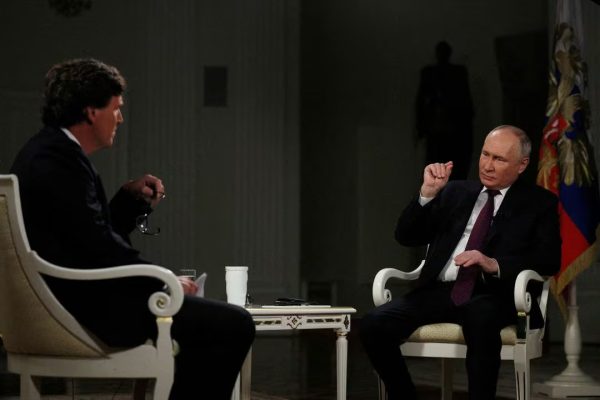Citizen University National Conference
Calling all change makers
Taking a break from speaking to producer of Funny or Die, members of the Citizen University Youth Collaboratory pose for a picture. This two-year effort, supported by a grant from the Ford Foundation, aims to empower and connect a rising generation of change makers.
May 22, 2017
Every year for the past eleven years, Citizen University has invited hundreds of people from all sides of aisle–change-makers, activists, and catalysts–to gather in Seattle and learn citizen power, deepen their networks, recharge their sense of purpose, and reckon and repair our frayed social fabric. Last month, I had the opportunity of attending the 2017 conference as a member of the inaugural Youth Collaboratory. The conference spans two inspiring days, featuring prominent panelists ranging from visual artists to social entrepreneurs and is hosted by American writer and founder of Citizen University, Eric Liu.
The name “Citizen University” is metaphorical, as the non-profit organization is neither a university nor exclusively for U.S. citizens. Citizen University promotes the art of powerful citizenship, calling on everyone who cares about the greater good of their country, in the process redefining what it means to be a citizen.
In an era of extreme political polarity, the theme of Citizen University’s 2017 National Conference, “Reckoning and Repair,” was not just fitting, but a proposal to many of the clashes we face in our country, today. Reckoning and repair suggests that bridging the ever-so gaping divide is the result of reckoning–a step that we all too-often consign to oblivion. There to discuss reckoning and repair were 28 panelists, including Annie Leonard of Greenpeace, Annette Gordon-Reed of Harvard Law, and Brad Jenkins of Funny or Die. The diversity in the panelists’ backgrounds and politics allowed for a variety of perspectives, sparking interesting debates and conversation.
On the second day of the conference, attendees had the option of attending panelist-hosted “break-out sessions.” The sessions telescoped in on the panelists’ areas of expertise. Some sessions were set up as workshops, while others followed the model of a lecture. At Kaz Breach of Curious Catalyst’s session, “Reframing Civic Participation: A Method to Drive Fresh Thinking for Impact,” citizens participated in a reframing activity, brainstorming creative solutions to urban challenges. The idea of conversing and working with strangers was a common theme throughout the conference, and was even encouraged at the conference’s food-activist luncheon.
In addition to their national conference, every year, Citizen University convenes a diverse network of civic leaders from across the political spectrum to meet quarterly as the “Civic Collaboratory.” This year, Citizen University invited me and 24 other high school sophomores and juniors from around the country to convene quarterly as the “Youth Collaboratory.” The goal of the Youth Collaboratory is to empower and connect a rising generation of civic leaders and doers, giving them the tools and network to create change in their communities. Maya Rubin, a Youth Collaboratory member from NY, said, “I will forever remember the people I met at on the trip to Seattle–both the friends I made as fellow members of the Youth Collaboratory, and the professions and change-makers in their fields who attended the national conference. Though a bit cliche, giving students like us the opportunity to both connect with people our own age who share our interests and with adults in the fields many of us hope to pursue is invaluable.” Over the next year, the Civic and Youth Collaboratories will work in part to create a national curriculum for civic engagement, which will most likely be available fall of 2017. Keep your eye out for applications for next year’s Collaboratory at www.citizenuniversity.us.



